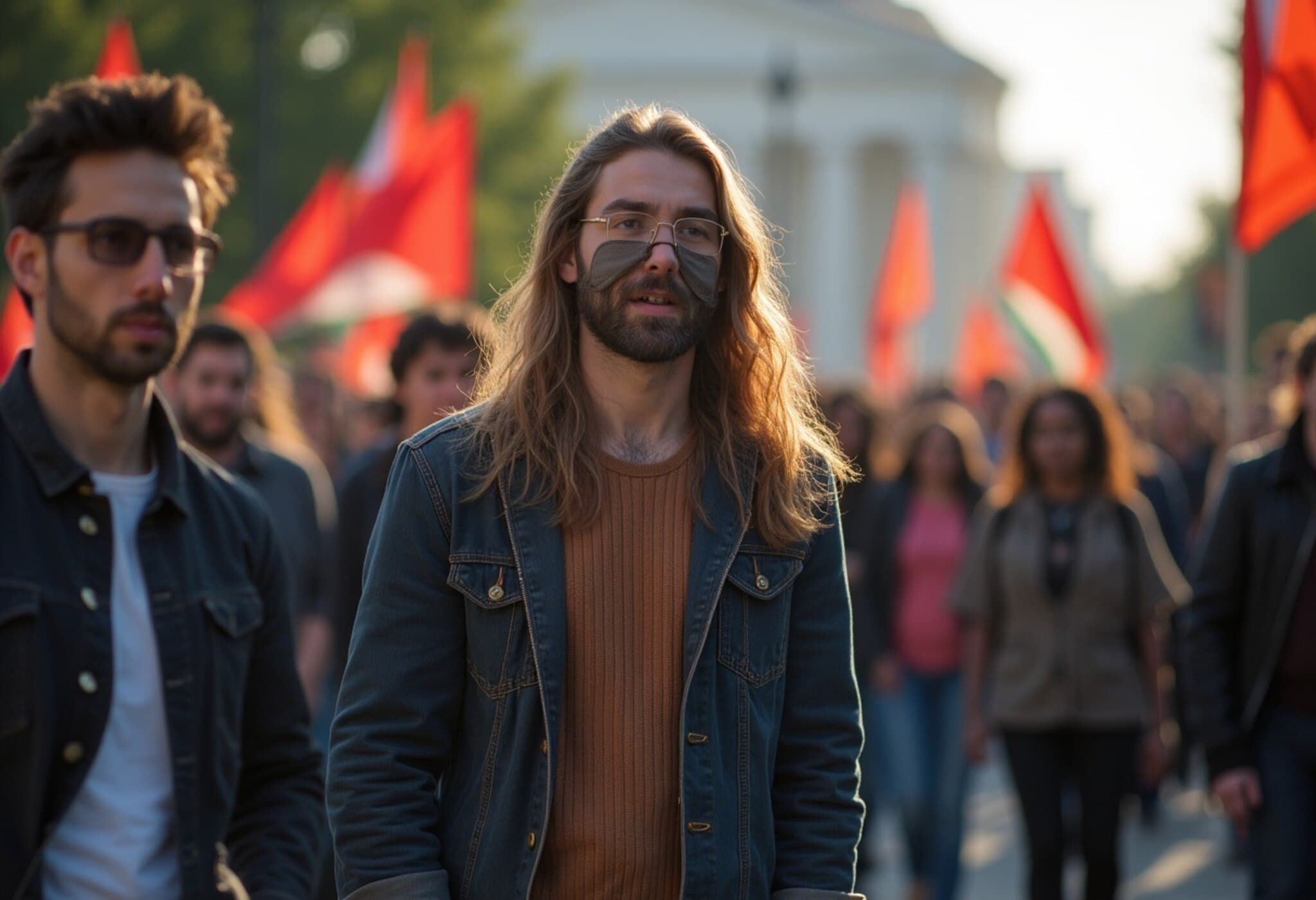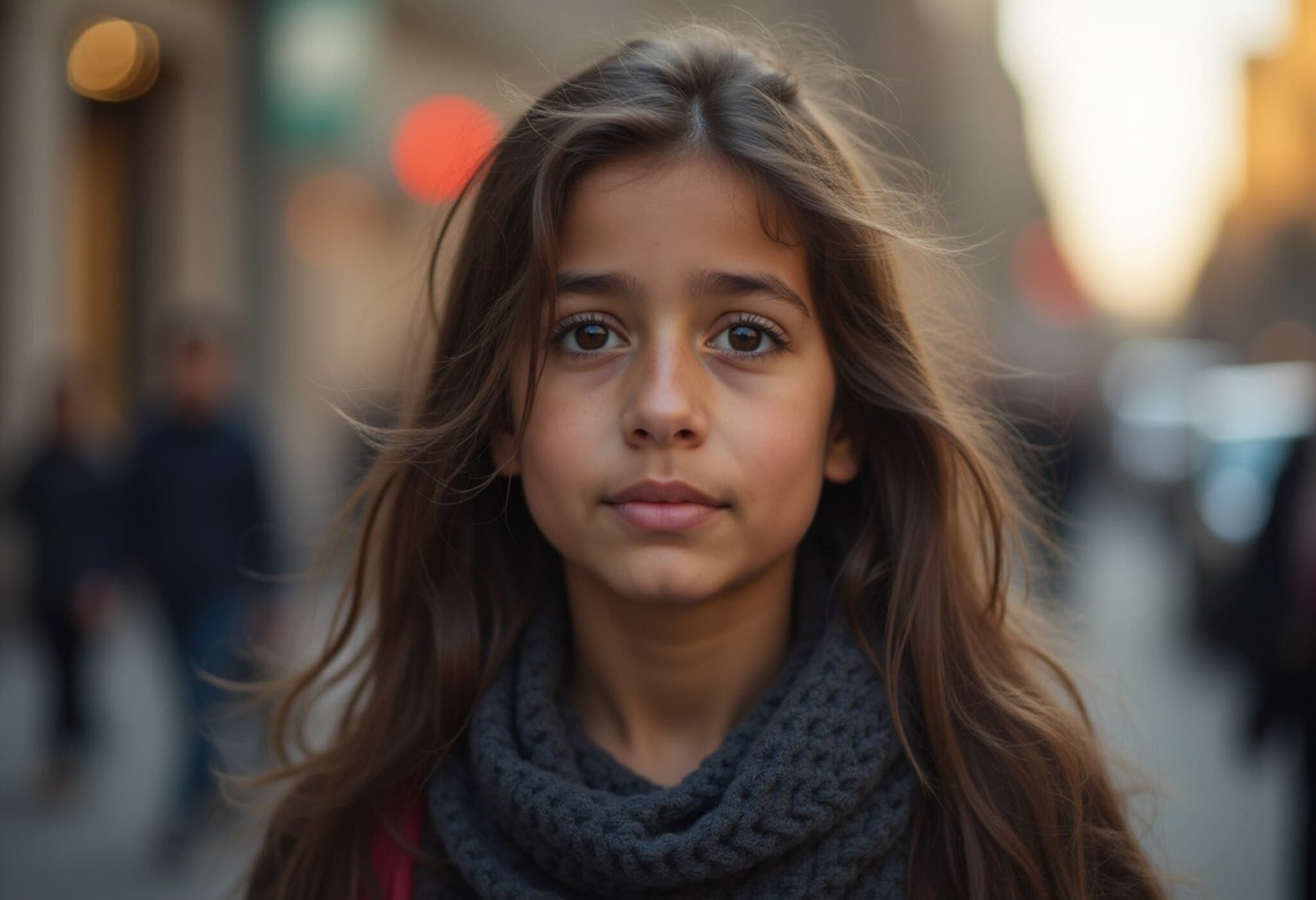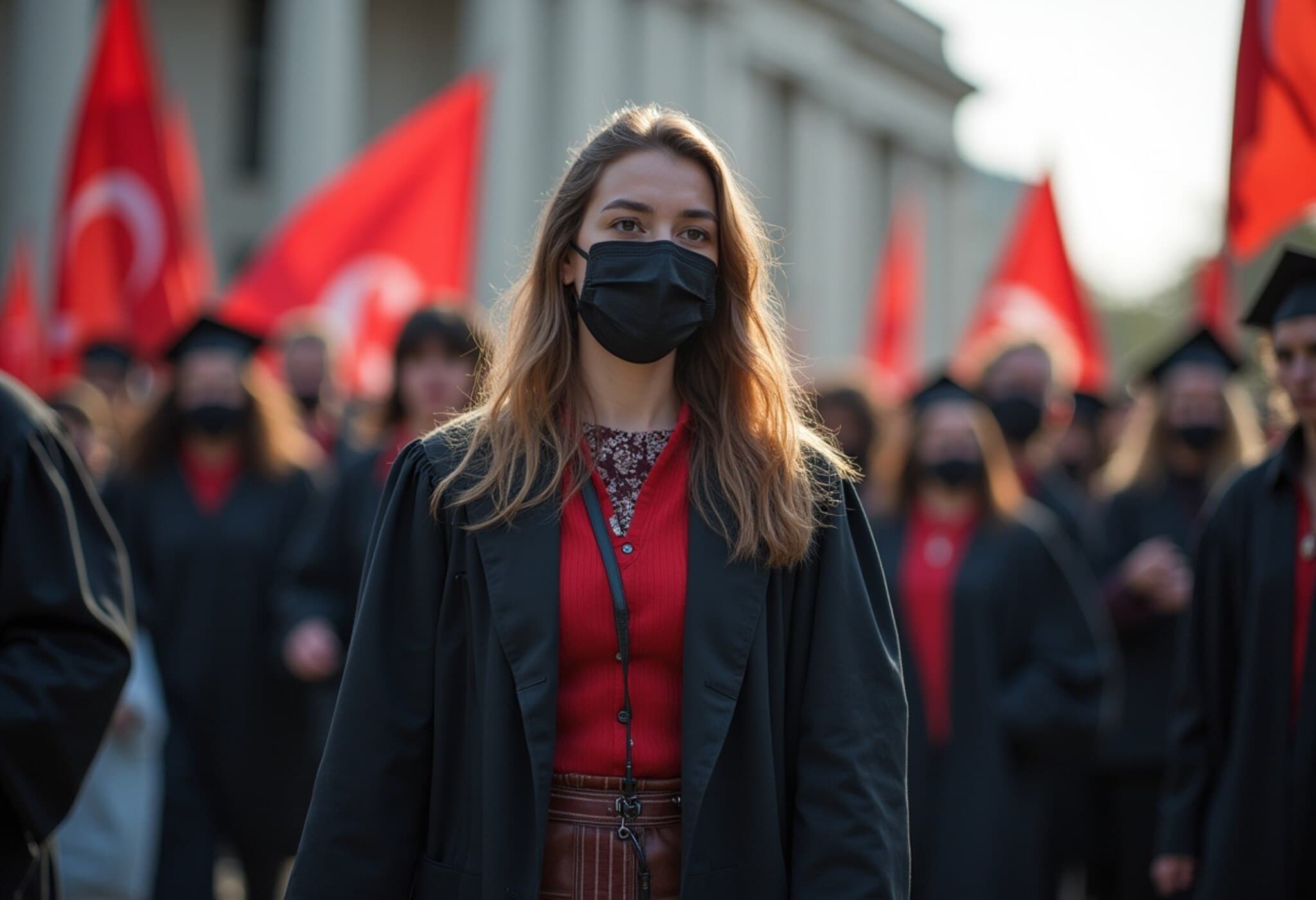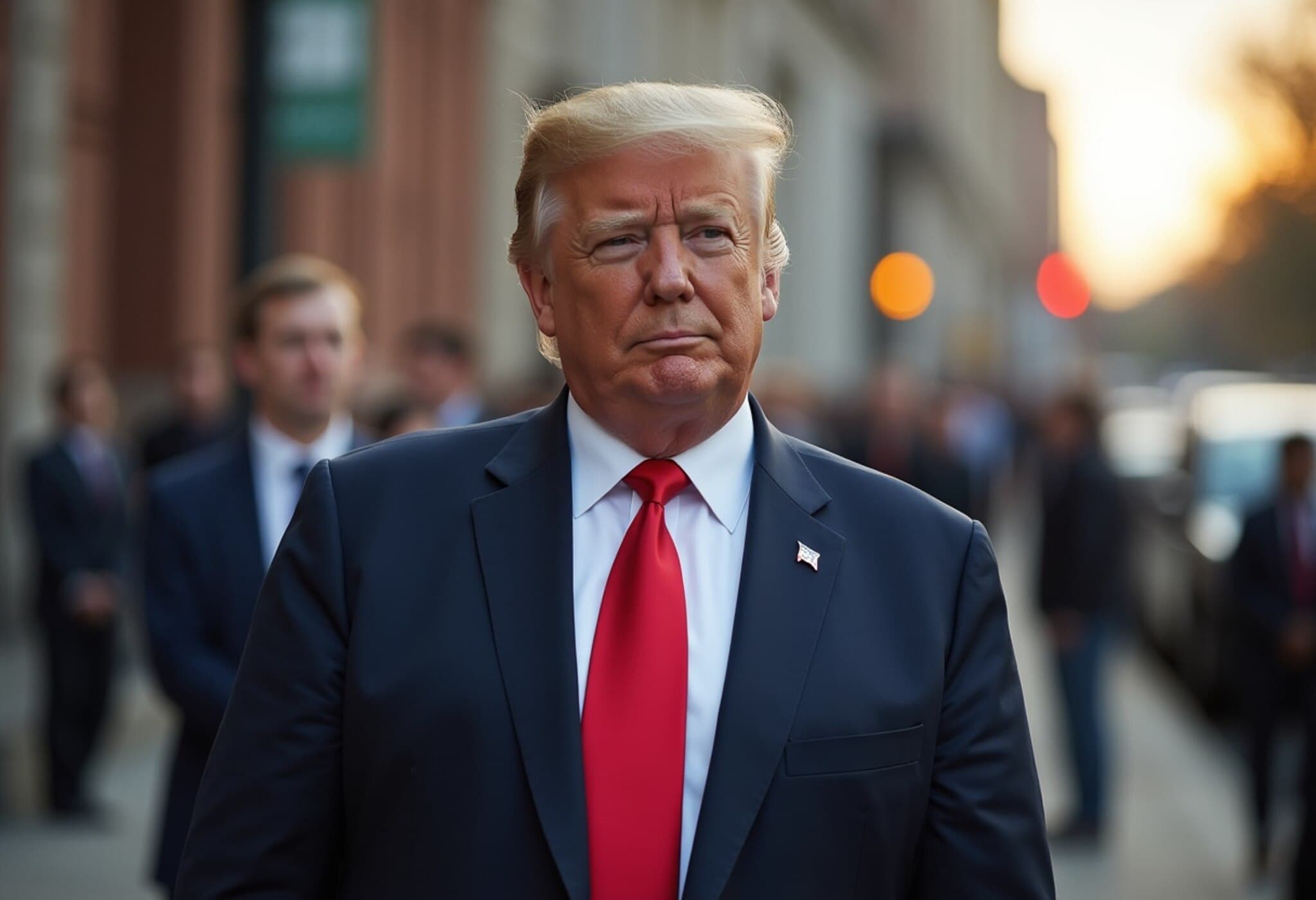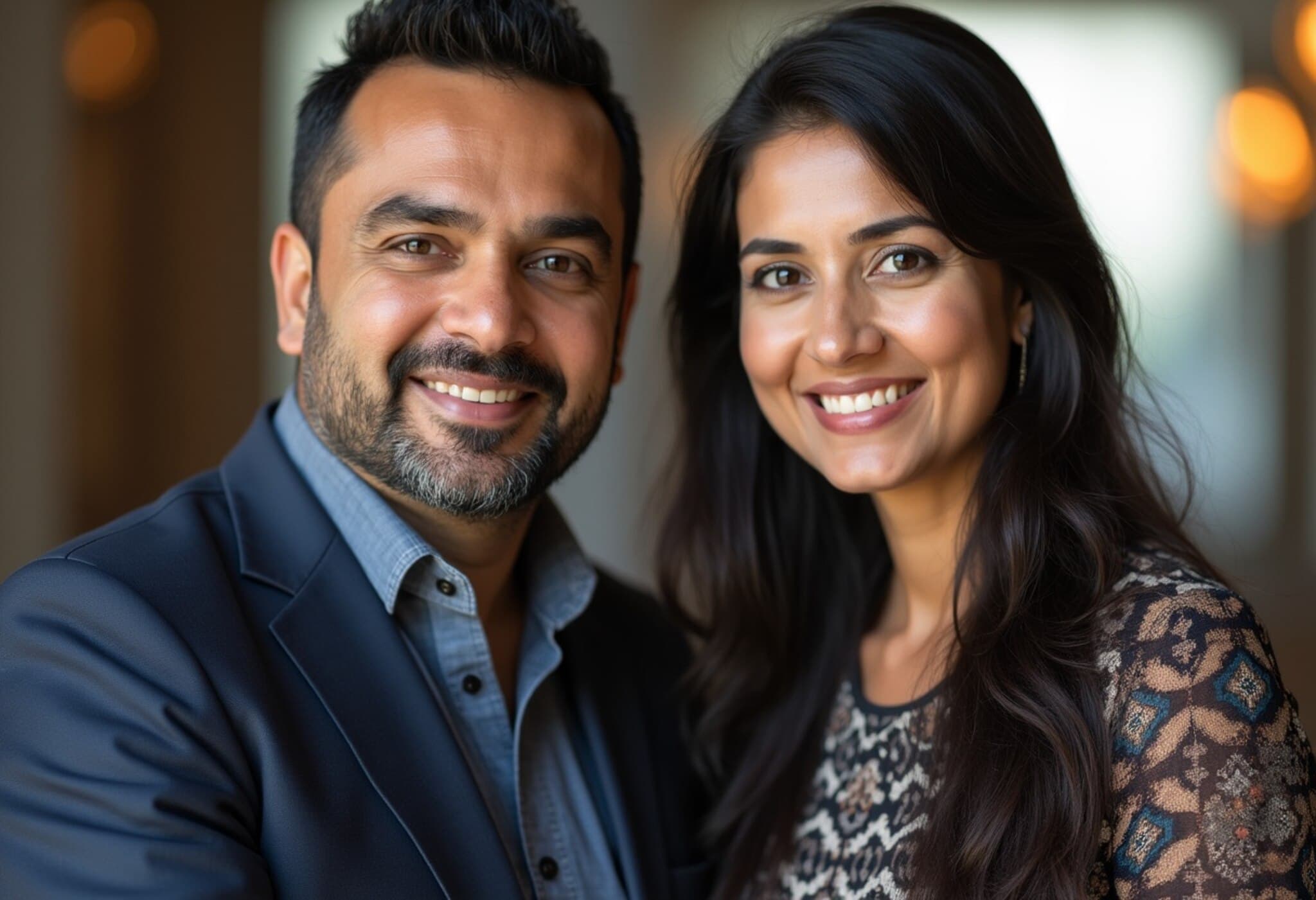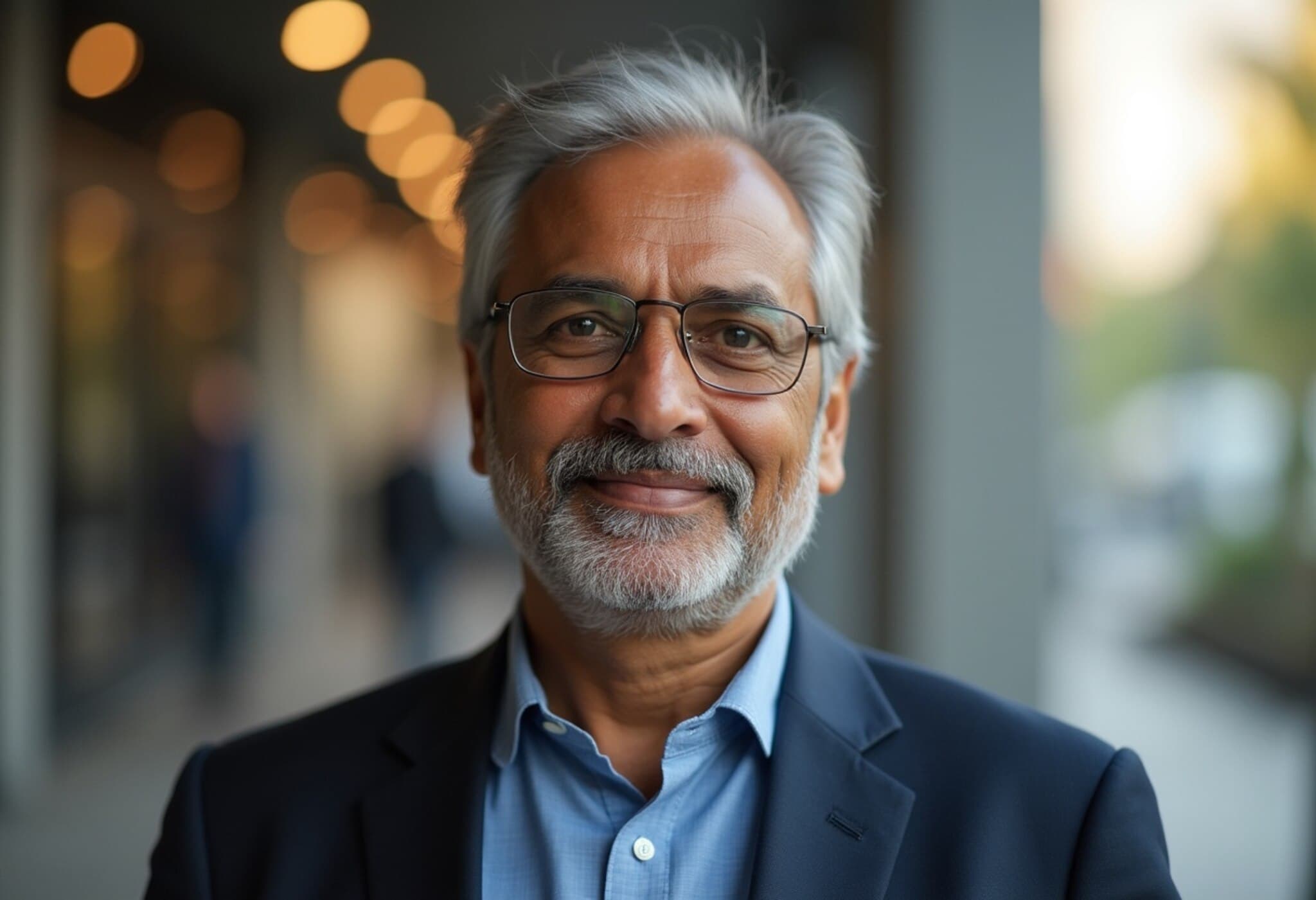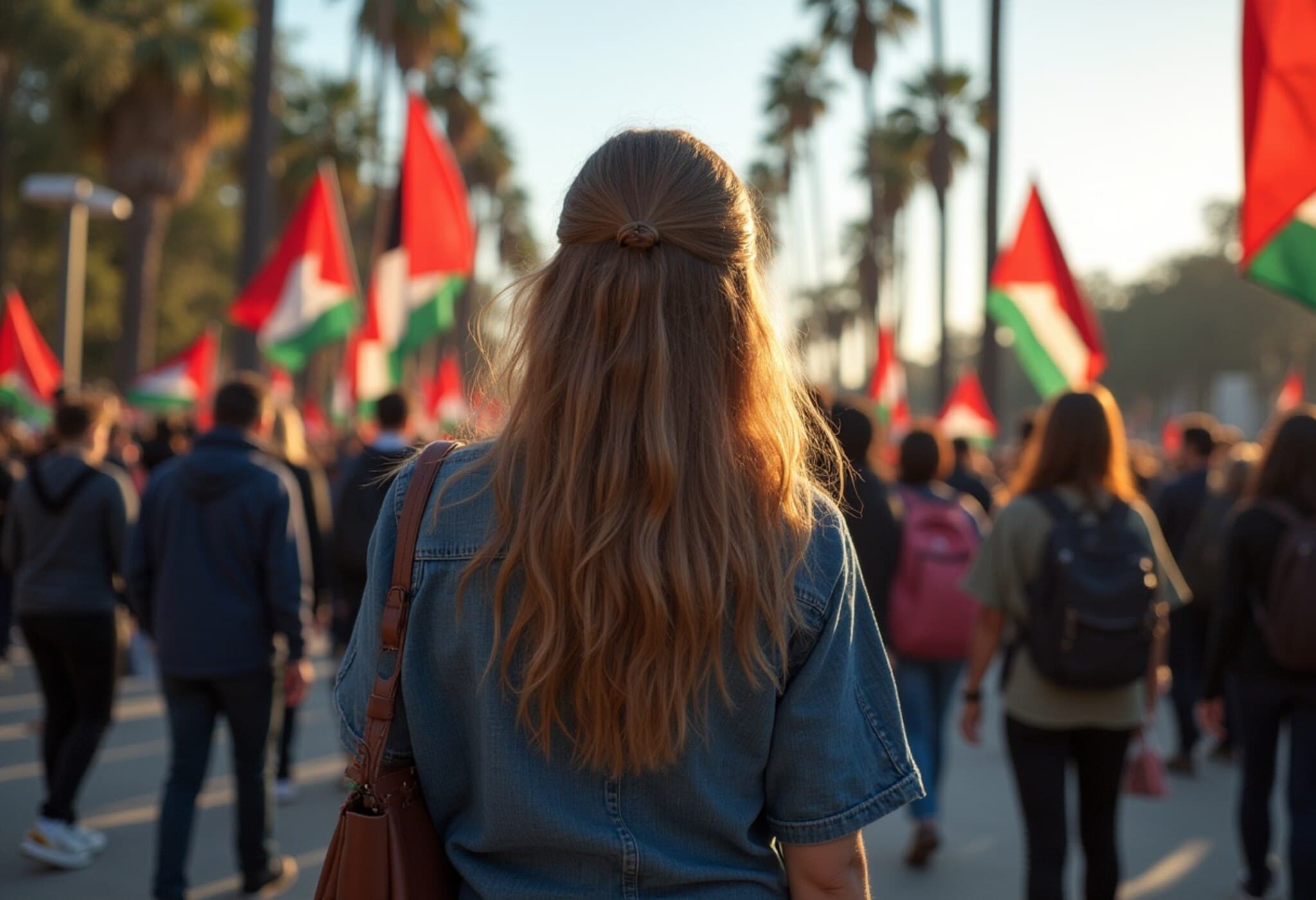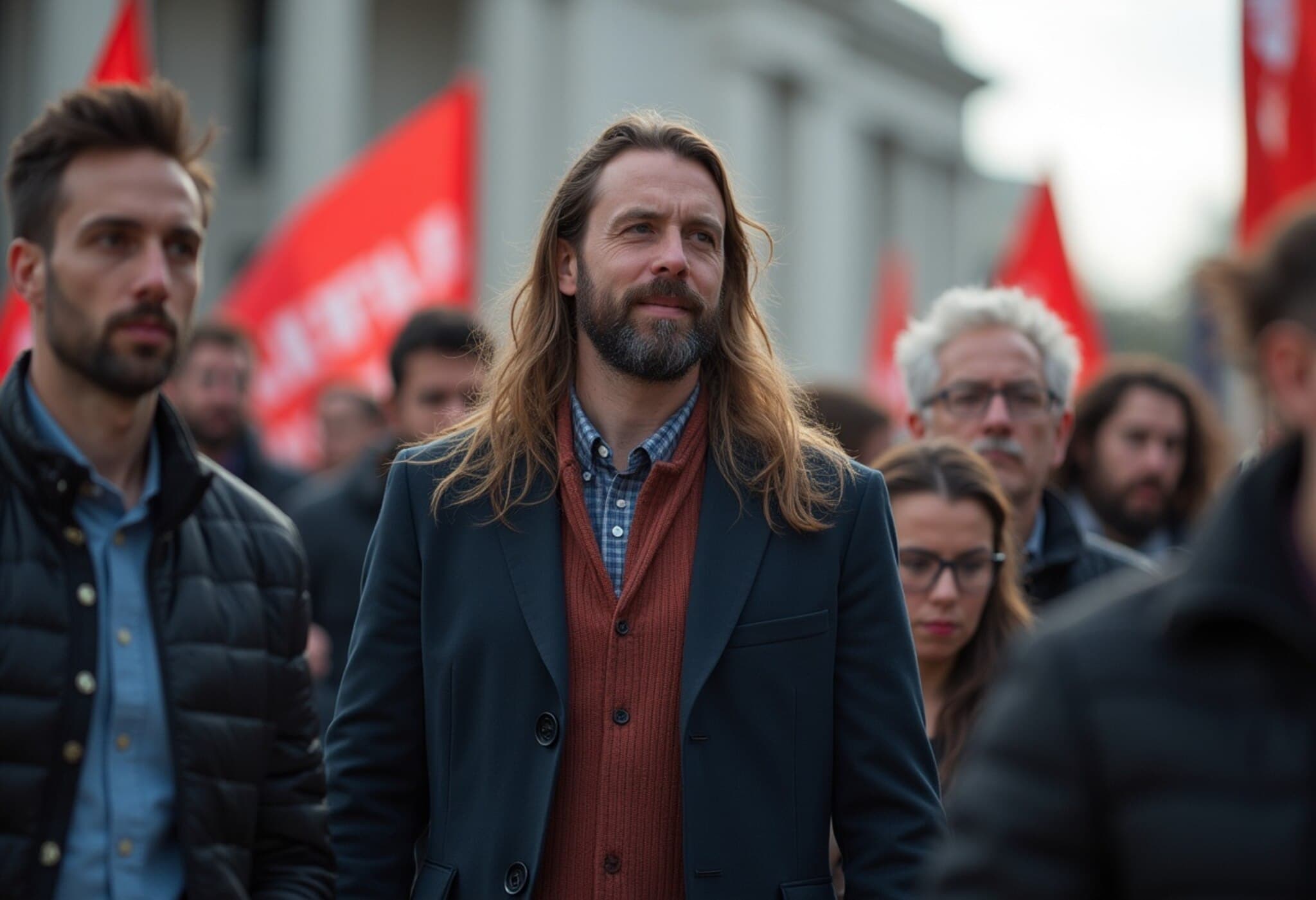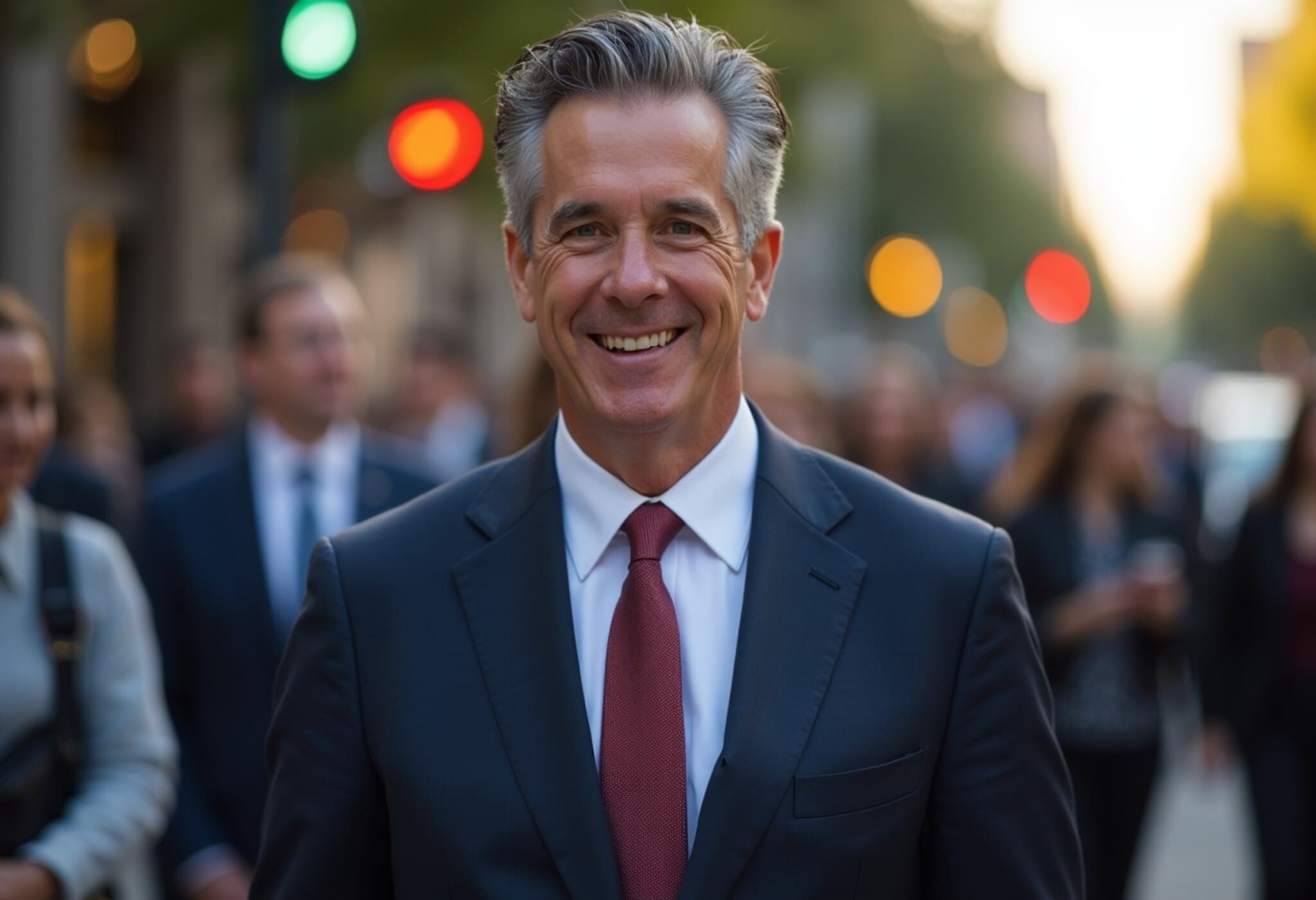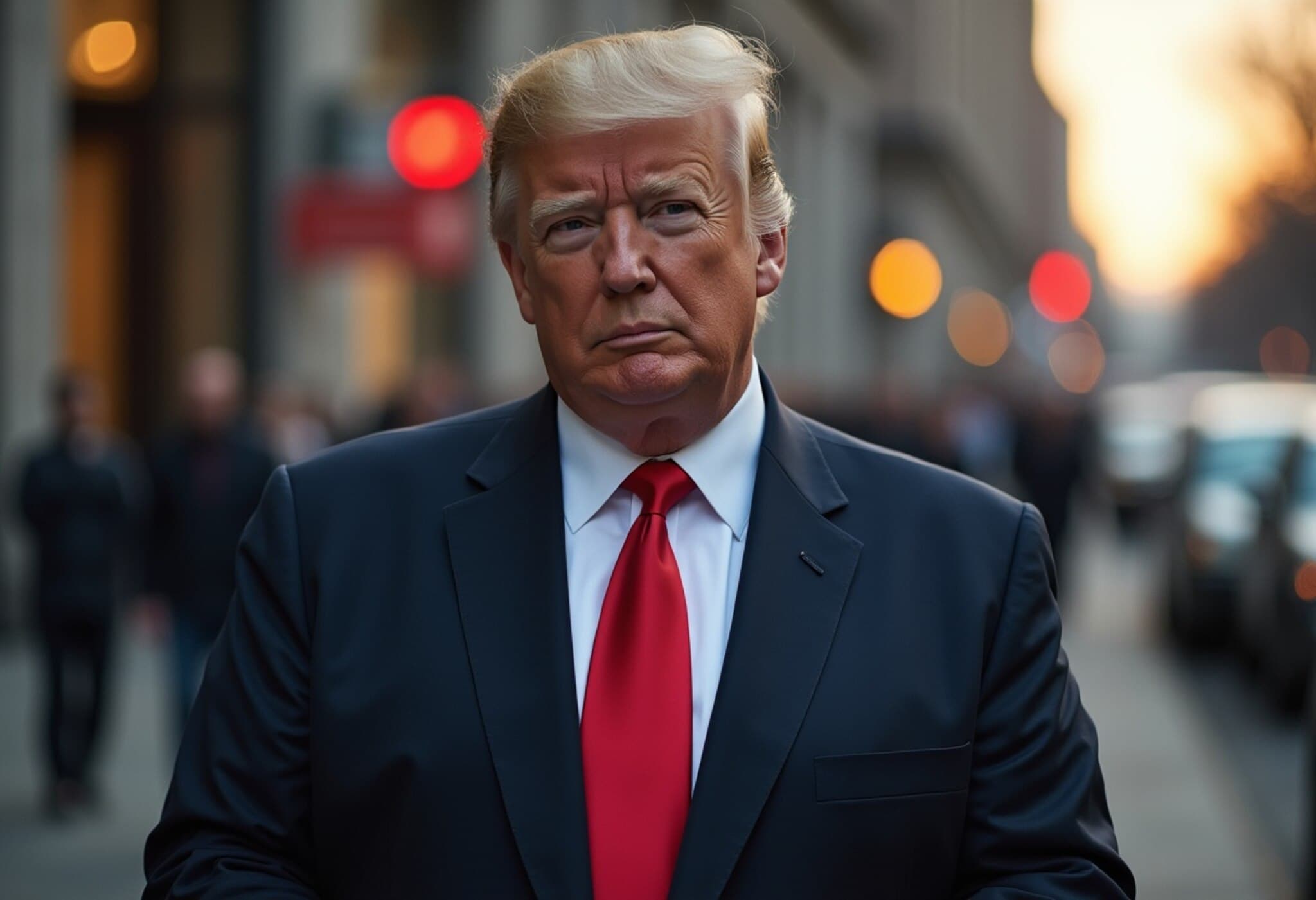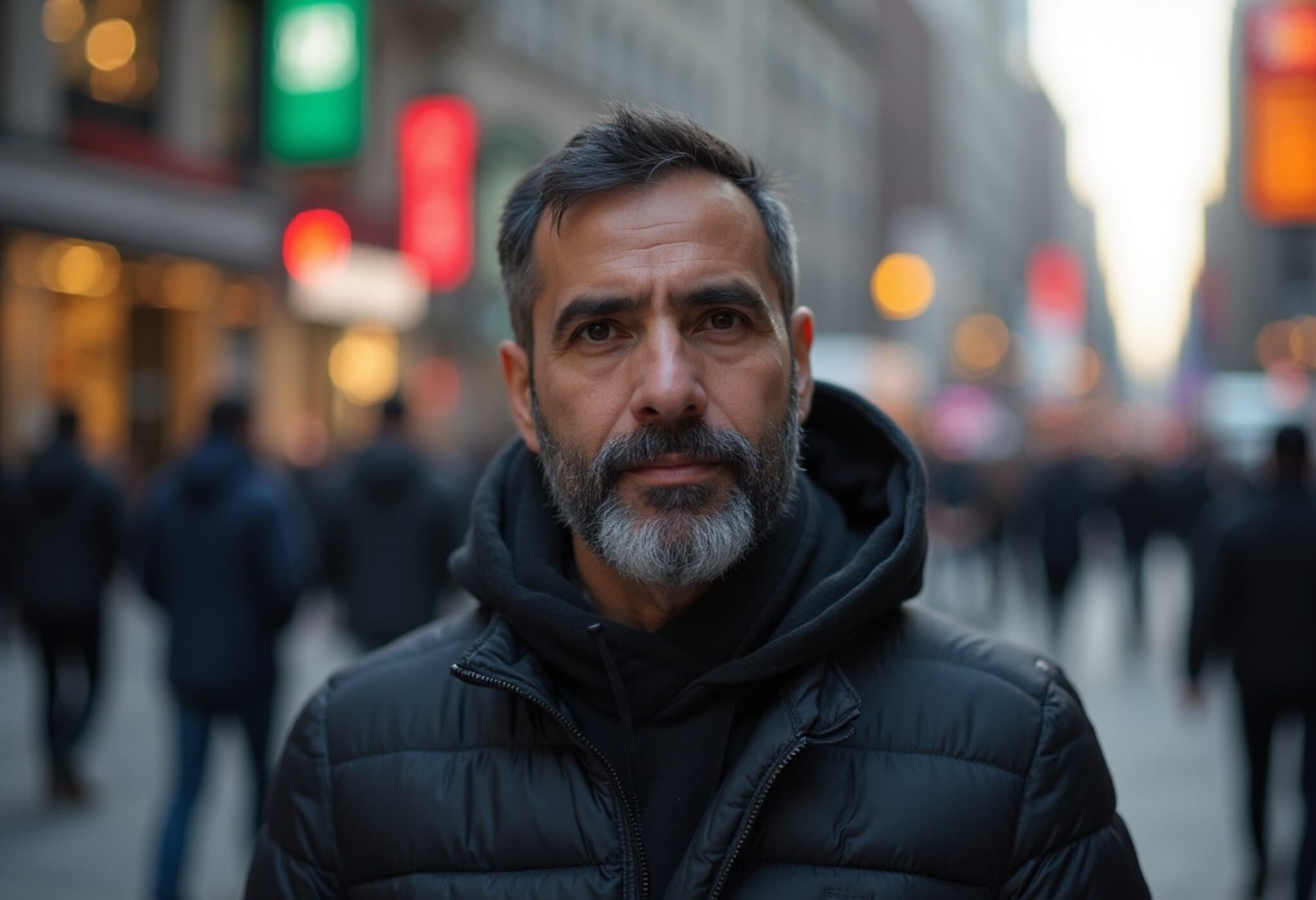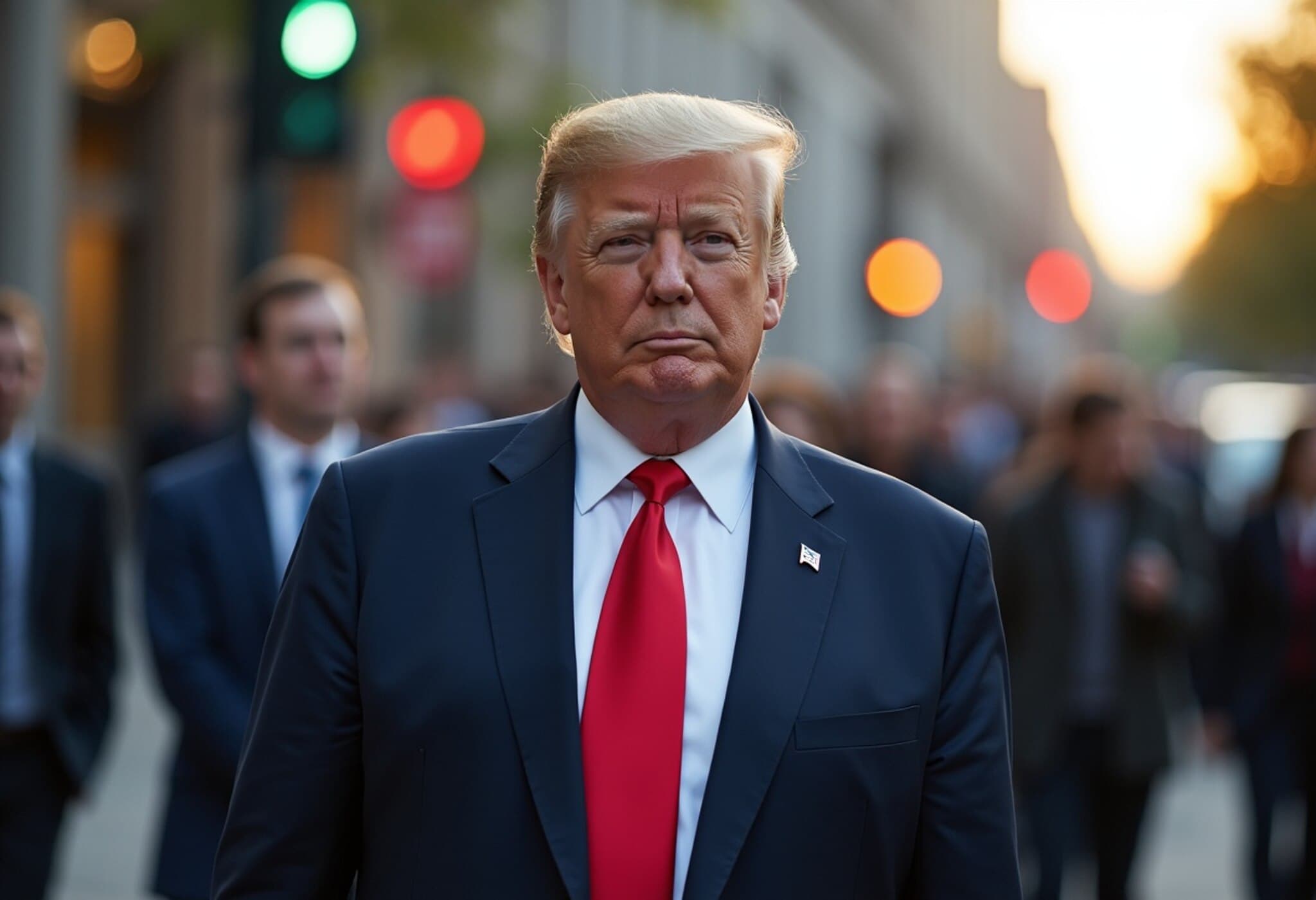UCLA Reaches Landmark $6 Million Settlement Over Campus Protest Dispute
The University of California, Los Angeles has agreed to a $6 million settlement with three Jewish students and a Jewish professor who sued the institution, citing civil rights violations during campus protests in 2024. The plaintiffs argued that the university failed to prevent pro-Palestinian demonstrators from blocking their access to classes and campus facilities, creating a hostile environment.
A Historic Judicial Ruling Sets a Precedent
This settlement arrives nearly a year after U.S. District Judge Mark Scarsi issued a preliminary injunction — the first time a federal court ruled against a university’s management of protests linked to the Israel-Gaza conflict on campus. UCLA had initially contended it bore no legal responsibility for the protesters’ actions, framing the demonstrations as independent civil activity. However, the judge disagreed and mandated UCLA to devise measures ensuring Jewish students’ safety and access.
Clashes and Campus Turmoil
The university’s handling of the situation, particularly the dispersal of a pro-Palestinian encampment in spring 2024, sparked significant controversy. Nighttime confrontations erupted as counterprotesters attacked the camp, escalating into several hours of violence involving pepper spray and thrown objects, leaving over a dozen injured before law enforcement intervened. Subsequent defiance of dispersal orders led to over 200 arrests, underscoring the volatile atmosphere on campus.
Federal Involvement and Broader Context
In an unusual move, the Trump administration joined the lawsuit in March 2025, incorporating it into a broader investigation into alleged antisemitism at several major U.S. universities, including Columbia and Berkeley. This comes amid heightened scrutiny of higher education institutions’ responsibilities to uphold federal civil rights laws.
Notably, Columbia University recently agreed to pay $200 million in a settlement related to similar allegations, signaling a growing federal emphasis on accountability and possible financial consequences for universities found to neglect these issues.
Legal Findings Against UCLA
The U.S. Department of Justice’s Civil Rights Division concluded that UCLA violated the Equal Protection Clause of the Fourteenth Amendment and Title VI of the Civil Rights Act of 1964 by demonstrating deliberate indifference toward a hostile environment targeting Jewish and Israeli students.
Assistant Attorney General Harmeet K. Dhillon stated, "UCLA failed to take timely and appropriate action in response to credible claims of harm and hostility on its campus." In response, UCLA committed to implementing recommendations to improve campus safety and inclusivity.
Commitments and Settlement Breakdown
Beyond damages and legal fees for the plaintiffs totaling $6.13 million, UCLA agreed to important terms ensuring no exclusion of Jewish students, faculty, or staff from campus activities or access. Additionally, approximately $2.3 million will be allocated to eight organizations dedicated to combating antisemitism, reinforcing the university’s stance against discrimination.
Voices from Both Sides: Pro-Palestinian Group’s Counterlawsuit
Amidst this settlement, a coalition of 35 pro-Palestinian students, faculty, legal observers, journalists, and activists have filed a separate lawsuit against UCLA. They contend the university inadequately protected participants in the protests, pointing to injuries suffered and criticizing authorities’ response. This highlights the complexity of campus tensions surrounding the Israel-Palestine conflict, where both communities have voiced concerns over safety and freedom of expression.
Expert Insight: The Challenge of Campus Free Speech and Safety
Balancing the right to protest with ensuring a safe and inclusive environment poses a persistent challenge for public universities. As seen in UCLA’s case, failing to proactively address protest-related disruptions can lead to legal liabilities and damage institutional reputations.
This settlement could signal a shift in how universities nationwide approach politically charged demonstrations, especially those linked to international conflicts, by emphasizing the enforcement of civil rights protections and expecting prompt administrative action.
Broader Implications for U.S. Higher Education
- Increased federal oversight and potential financial penalties for civil rights violations on campuses.
- University policies likely evolving to include clear guidelines for managing protests to prevent exclusion or discrimination.
- Heightened attention to campus climate and inclusion practices amid global political tensions reflected in student activism.
Editor’s Note
The UCLA settlement underscores the growing complexities universities face in navigating campus activism tied to sensitive geopolitical issues. While freedom of expression remains a foundational democratic value, universities must also uphold their legal and ethical responsibility to protect all students’ rights and safety. This case poses critical questions for higher education leaders: How can campuses foster robust political discourse without enabling hostility? What proactive steps will prevent future episodes that jeopardize civil rights—and trust in academic institutions?

